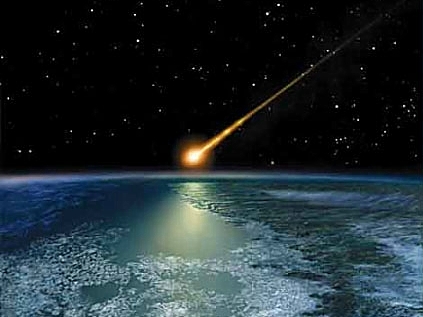The Fermi Paradox is an idea that complements the Drake Equation. Enrico Fermi asked the question, if there are so many stars in our Galaxy, and therefore probably many Earth-like planets, then there should be lots of alien civilizations in the Milky Way, but why haven’t we found evidence of them? Why not?
Nick Bostrom talks about the Fermi paradox, and some possible solutions, in the video below. It’s not as smooth as the Carl Sagan clip I just posted, but he has some interesting ideas. Nick Bostrom is a philosopher from Oxford University, and has some interesting ideas on human enhancement, the survivability of advanced civilizations and the nature of reality by the way, his website is full of interesting stuff.
What do you think is the answer? Are we alone? Is there alien life in our Galaxy, but just simple life? Or are advanced alien civilizations doomed to wipe themselves out as they become more technologically advanced?
If you like to read more about the Fermi Paradox, I’ve written a short post here, and a couple of posts on possible solutions here and here.







